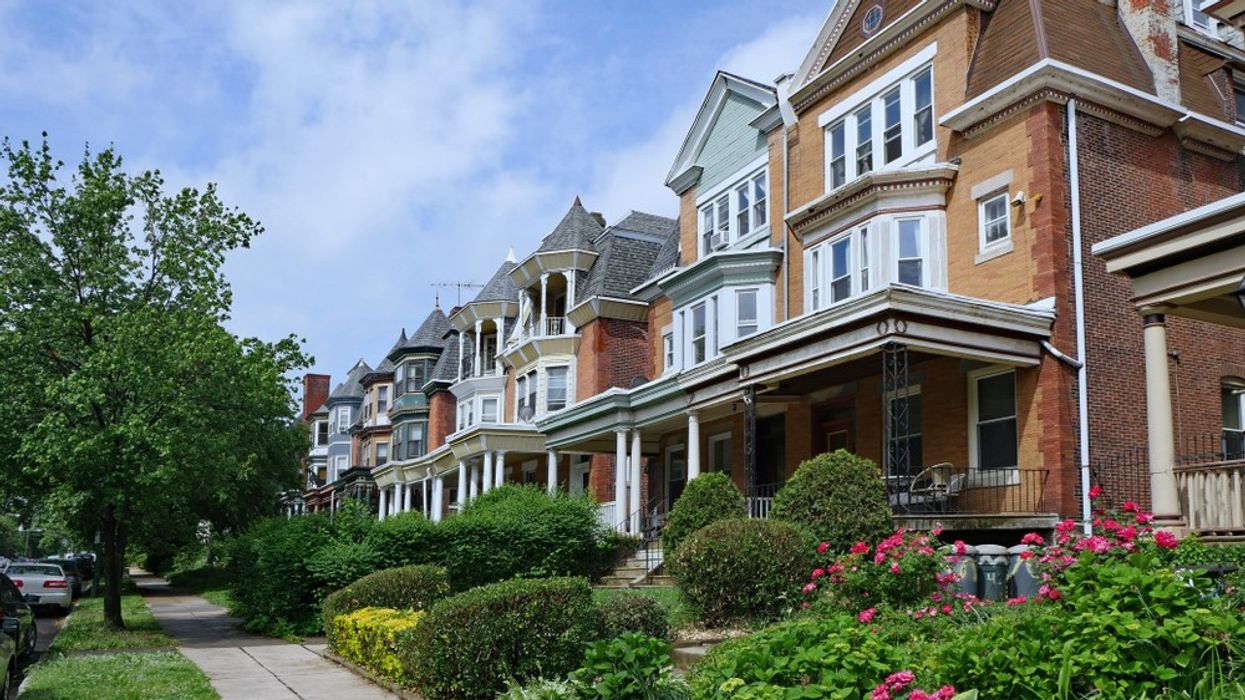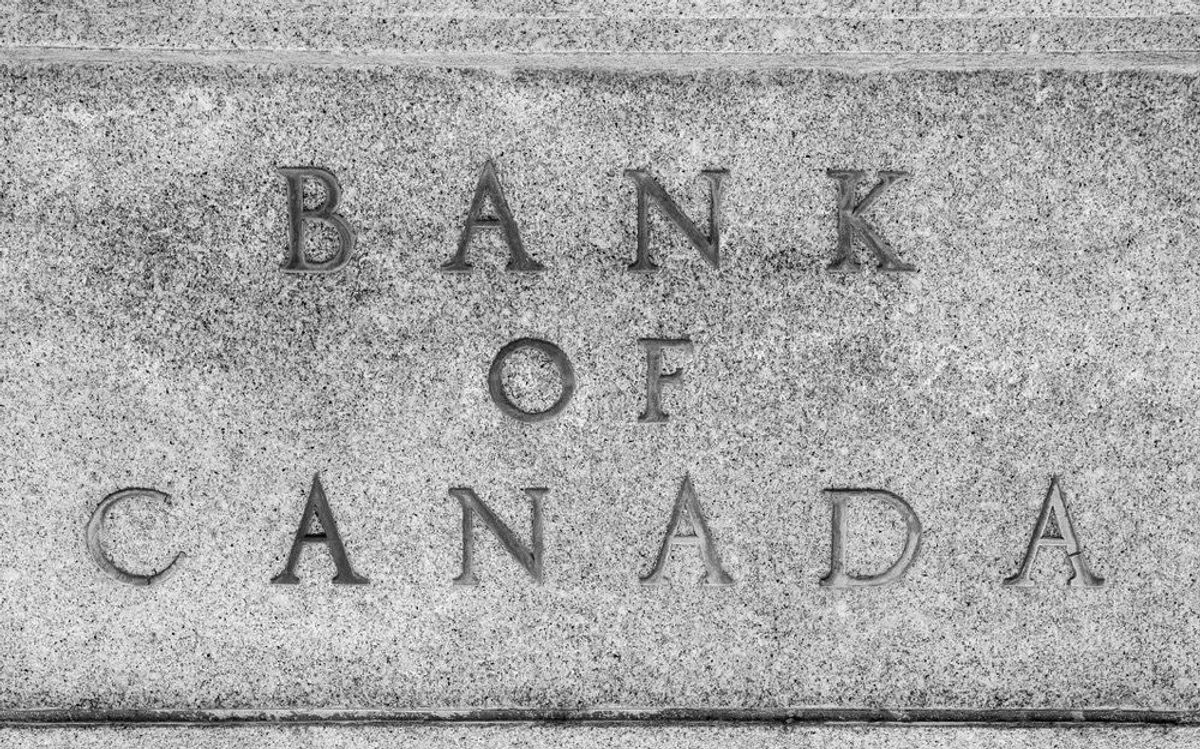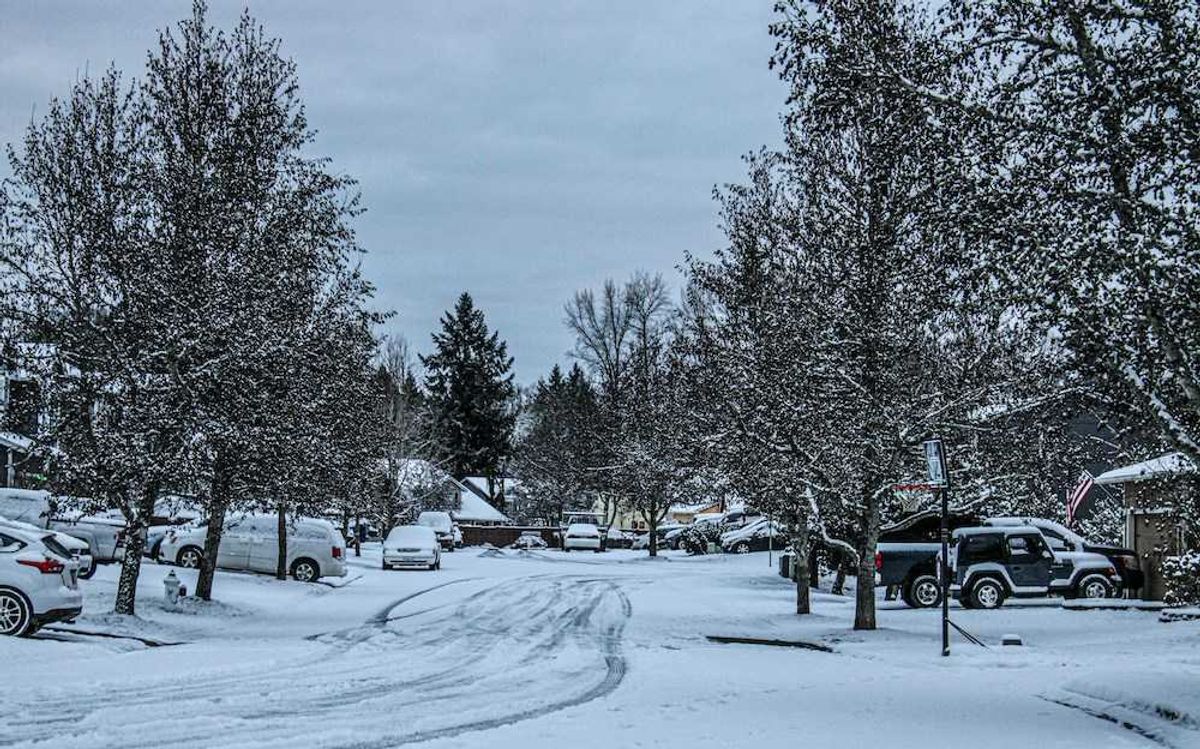This article was written and submitted by Jennifer Pearce, Toronto Regional Real Estate Board (TRREB) President.
The dream of homeownership is slowly slipping further out of reach for countless Canadians. While all levels of government play a role in addressing this housing crisis, much of the responsibility lies with municipalities to expedite the construction of much-needed housing supply with the financial support of the provincial and federal governments.
The Greater Golden Horseshoe (GGH) needs more homes, fast. Innovative solutions are critical to unlocking the potential for accelerated housing builds. The emergence of modular and prefabricated housing is an opportunity to expedite the building process, but developers face regulatory challenges. Modular construction is a faster and cost-effective option that will help Ontario meet its housing targets. Introducing much-needed density into areas with underutilized infrastructure is critical to help restore affordability. By streamlining the process, cutting red tape and embracing standardized designs, municipalities can pave the way that meets the demands of a growing population.
A major contributor to the rising cost of housing units are development charges and taxes which add up to 31% to the price of a home, and are passed down directly to homebuyers and renters.
There is also a need to relieve the stress test on mortgage renewals for uninsured mortgages. While the new Canadian Mortgage Charter is helping address this concern for insured mortgages, most homeowners still face the uncertainty of unaffordable mortgage renewals. The City of Toronto and other GTA municipalities must advocate for changes to the Charter to ensure homeowners have access to fair and competitive mortgage rates.
Zoning restrictions, angular plane requirements, and restraints on maximum unit allowances, are limitations that reduce the amount of housing that are built on a given piece of land. Taking advantage of pre-approved standardized designs for garden suites, multi-unit and midrise housing can give major cities across the GGH new opportunities to increase housing supply.
A notable win coming out of the recent Ontario budget is a commitment to develop an attainable housing program, which will include investments in modular construction. While there is more that can be done to support municipalities with their efforts to reach municipal housing targets, this is a step in the right direction.
The federal government has committed to provide more funding to provinces and municipalities ahead of the 2024 Federal Budget through the recently announced investment of $6 billion to the Canada Housing Infrastructure Fund for increasing housing supply. Financing for new purpose-built rentals as well as investment to stimulate the uptake of modular and factory-built construction techniques are promising. TRREB encourages the provincial and federal governments to work together and implement policies that better equip municipalities to build housing and access funding.
As the GTA grapples with housing affordability challenges and shelter system pressures, it's important that policymakers step up to the plate. The path to balancing housing demands with supply will require the City of Toronto, GTA municipalities, the Government of Ontario and the Government of Canada to be bold in their actions. By prioritizing the expansion of housing supply, embracing innovative construction methods, and dismantling regulatory barriers, they can begin addressing the housing crisis more effectively.
TRREB’s recently released 2024 Market Outlook & 2023 Year in Review report titled Taking Action: Housing, Unaffordability & the Social Impact provides insightful research and solutions that will help address the housing challenges we are currently facing.





















